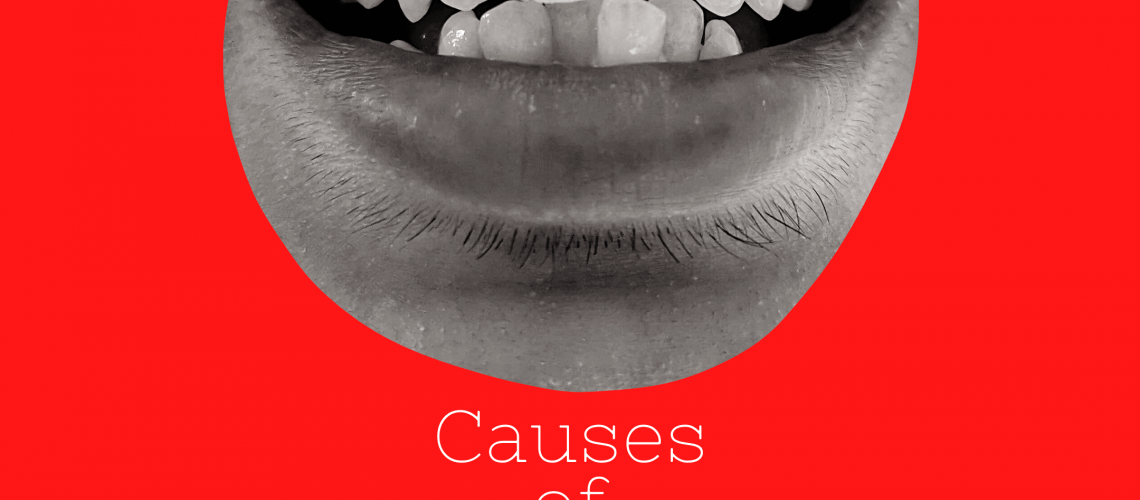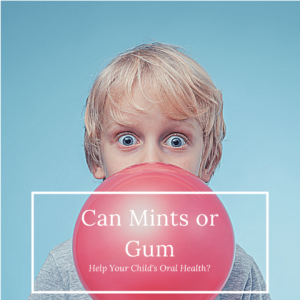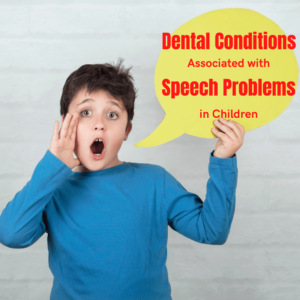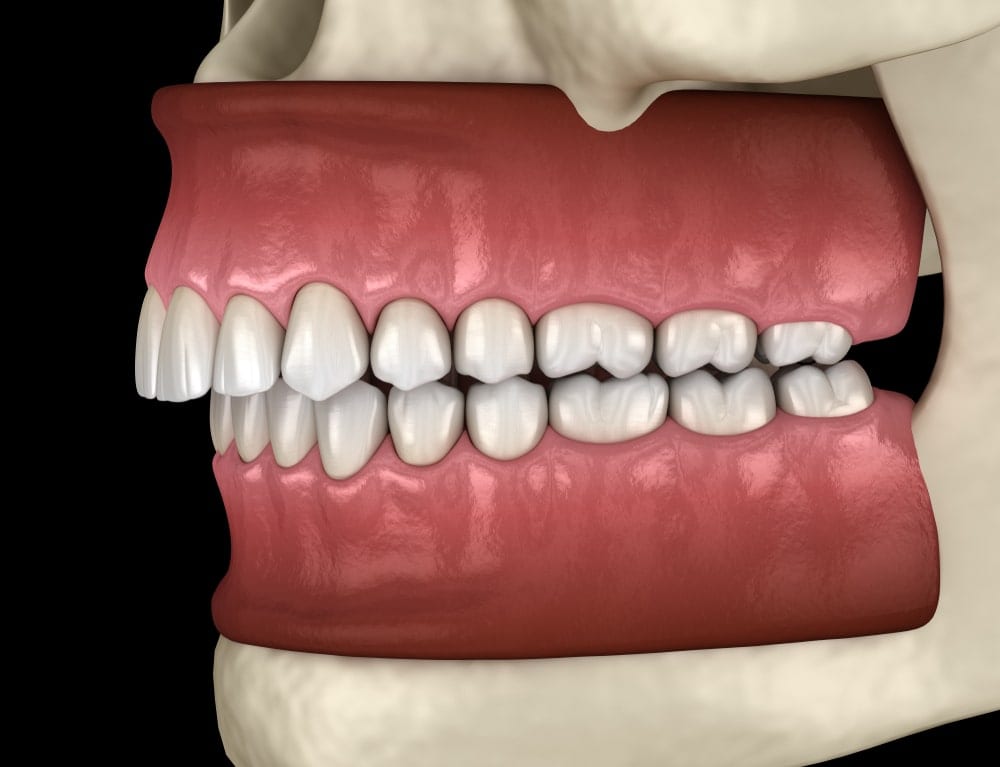
Do your child’s teeth stick out of their mouth? If so, then your child may have what is known as protruding teeth, buck teeth, or an overbite. Due to the fact that protruding teeth extend past the protective lips, a study performed by the University of Adelaide in Australia has found that children with protruding teeth are more likely to experience dental trauma. Not only can protruding teeth increase the risk of dental trauma, but they can also cause problems with chewing, speaking, and breathing, as well as damage to the teeth and gums.
Since protruding teeth are generally accompanied by a form of maloclussion known as an overbite, they are generally best treated with orthodontic treatment. An overbite occurs when the upper jaw extends signficantly further forward than the lower jaw. Although protruding teeth and overbites can be genetically inherited, some cases have other causes that can be prevented. Here are some of the most common causes of protruding teeth:
Genetics
As mentioned earlier, one possible cause of protruding teeth and overbites are genetics. When genetics is the cause, then you will likely notice a similar jaw shape in the parents, siblings, or other close relatives. Protruding teeth due to genetics cannot be entirely prevented, however certain behaviors can be avoided to prevent the overbite from becoming more severe.
Tongue Thrust
Tongue thrust is a condition where the tongue sits too far forward in the mouth due to poor swallowing habits, swollen adenoids or tonsils, allergies, or tongue-tie. Tongue thrust is most commonly associated with the formation of open bites, but some cases can also develop into overbites.
Finger Sucking
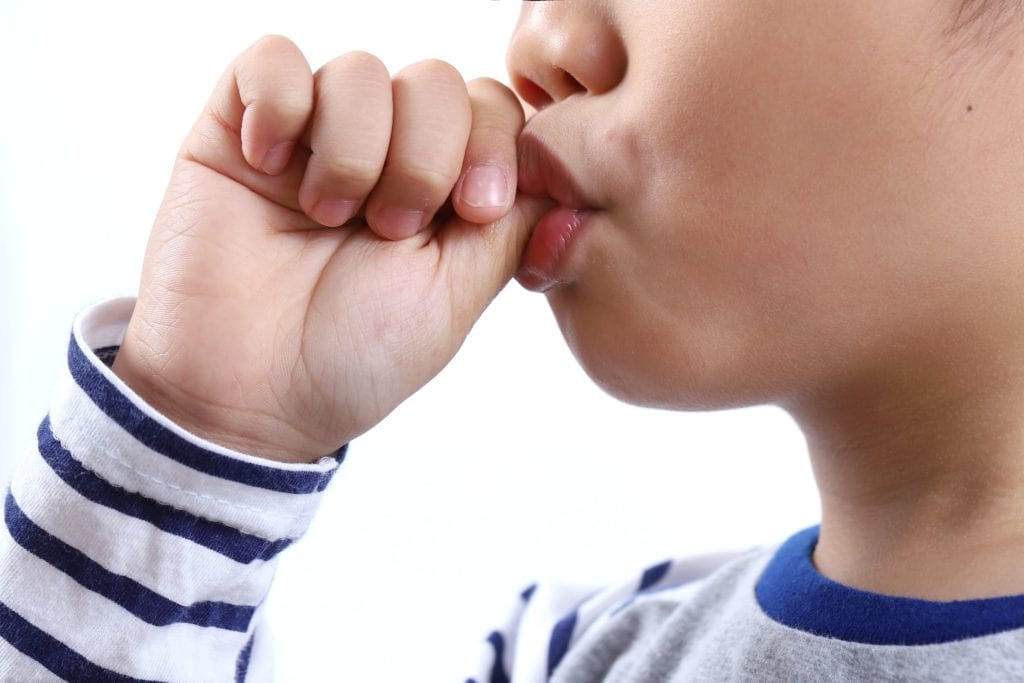
Some finger sucking in extremely young children is normal, however this behavior should not be continued past the age of 3 or 4. Older children who suck their fingers exert extra pressure on the upper jaw and developing teeth. This can cause the permanent teeth to erupt at an angle that causes them to grow out of the mouth instead of down. When the permanent teeth flare out, they are known as protruding teeth.
Sucking on a Pacifier
Sucking on a pacifier also creates the same type of pressure that can lead to protruding teeth and the development of an overbite. In fact, the Journal of the American Dental Association notes that children who suck on a pacifier are at a higher risk of developing an overbite than those who suck their fingers.
Too Many or Too Few Teeth
The amount of teeth your child has can also contribute to the formation of an overbite, specifically when there are too many or too few teeth in the mouth. When your child’s mouth has too many teeth, then their mouth becomes crowded and certain teeth will get pushed forward. Crowding can also cause erupting teeth to become impacted in the jaw. When your child has too few teeth, surrounding teeth can shift into the spaces left by missing teeth. Anytime one or more teeth shifts from its normal position, this can cause numerous problems with bite alignment.


